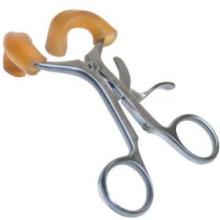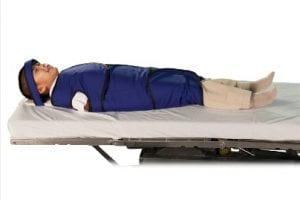Hi,
I recently became a foster parent to a teen with special needs. He just wants to be treated like everyone else, so I’m not sure which dentist to take him to. he’s not a child, so he may balk at a pediatric dentist, but I think they may be more patient with him. I’m worried he may be nervous if I take him to a general dentist’s office, and the staff may not be used to treating patients like him.
Which should I go to? Any advice?
Elizabeth, from Raleigh, NC
Hi Elizabeth,
Your worries are valid and echo a lot of concerns shared by parents of special needs children and teens.
Either dentist will be able to accommodate your teen. A pediatric dentist is a dentist who has had additional post-graduate education pertaining specifically to children’s oral needs. Be sure to check your prospective dentist’s credentials, and feel free to call the dentist’s office with questions. Most pediatric dental offices will treat toddlers or young children in addition to teens. Dr. Peck in Phoenix, AZ has dental tips for parents on her website for what parents can expect for children at the dentist.
However, you should involve him in the decision-making process. Ask him where he would like to go, and check websites together. To make him feel more comfortable, see if you can schedule a walk-through of the office prior to your appointment, so he knows what to expect. If you have a dentist’s appointment coming up, invite him along to show him its no big deal. Little things like these can make a big difference when it comes to your child’s treatment.
This blog post is brought to you by Phoenix pediatric dentist, Dr. Hillary Peck, of Peck Family Dentistry.

